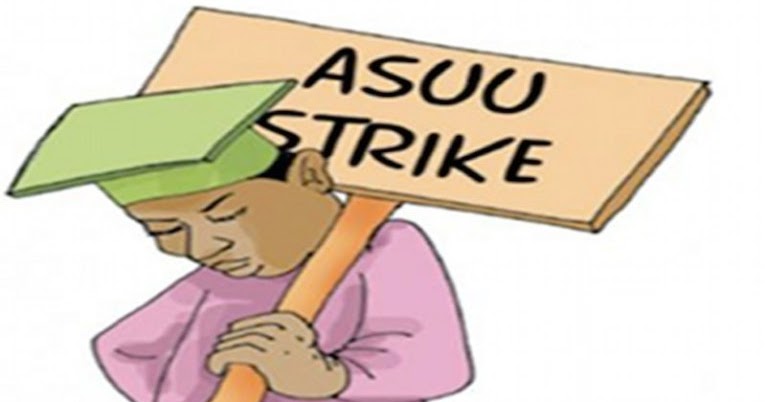
The Academic Staff Union of Universities (ASUU) has resumed another phase of the ongoing industrial action embarked on since February 2022.
The decision to continue the strike comes after their NEC meeting in Abuja, when it became apparent that there was no end in sight to the ongoing strike by university lecturers.
It is no longer news that the strike, which is in its seventh month, has paralysed public universities in the country. And efforts by stakeholders to resolve the crisis have not been successful.
The National Parent Teacher Association of Nigeria has suggested a payment of N10,000 per student to help fund the universities, but ASUU rejected the offer.
National President of NAPTAN, Alhaji Haruna Danjuma, also expressed optimism that ASUU would call off the strike after the NEC meeting of the union in Abuja.
National President of the National Association of Nigerian Students, Sunday Asefon, said if the lecturers were really fighting for students, they should suspend the strike.
The union commenced the nationwide industrial action on February 14, 2022 and has extended it several times due to its inability to reach any agreement with the Federal Government.
Various ASUU branches held their congresses last week to review the situation and the majority voted for another rollover of the indefinite strike.
The renegotiation of the 2009 agreement and the replacement of IPPIS with UTAS are the major demands of the striking lecturers.
Meanwhile, human rights lawyer, Femi Falana, says the FG does not have the legal backing to proscribe ASUU over its continued strike.
Falana said this in reaction to speculations that the government was planning to proscribe ASUU for failing to call off the strike.
Falana in a statement said ASUU’s right had been guaranteed under Section 40 of the 1999 Constitution and Article 10 of the African Charter on Human and Peoples Rights (Ratification and Enforcement) Act.
He also cited the freedom of association and the protection of the right to organise under Convention No 87 of the International Labour Organisation Convention, which prohibits the FG from banning or suspending trade unions.
He said Nigeria “has ratified the ILO Convention and it is pertinent to note that parties to the convention are obligated to ensure the right of both employers and employees to join an organisation of their choice and free from any influence of authorities which belong to the core principles of the ILO.”
“To ban ASUU, the Federal Government will have to amend the fundamental right of citizens to freedom of association enshrined in Chapter 4 of the Constitution,” Falana said.





